|
The second wave of Covid-19 infections in India that began to take off in April 2021 had a devastating effect on the people of Bihar State, where we work. A strict lockdown was enforced in May 2021 and extended throughout June. Children on the Edge provided emergency supplies to nearly 3,000 families to support them through lockdown. When authorities closed schools and reintroduced strict social distancing rules in the latest lockdown in May 2021, the sudden loss of earnings that came with it meant that many families were unable to buy food or essentials. The Dalit communities we work with are already at the end of the line for any support and were therefore extremely vulnerable. SURVIVAL KITS Thanks to your generous support, our local partners were able to respond to the devastation caused by the second wave of this pandemic by providing 2,970 of the poorest families (that's around 18,000 people) with vital food and supplies and resourcing healthcare workers with essential PPE. Those in most need were prioritised and included families infected by Covid-19 who were self isolating and unable to leave their homes; families who were in dire financial crisis through poverty or unemployment as a result of lockdown; the children who attend our Learning Centres and the women who form our Women’s Groups; families who had lost a family member during the crisis; female headed households and widows and the elderly along with pregnant and lactating mothers. Our partner organisation, NESWS put together ‘Survival Kits’ with dry rations including food and other essentials. These included 15kg of rice, 5kg of wheat flour, 2 kg of lentils, 1 kg of oil and sugar, salt, biscuits and soap; enough to feed a family of six for two weeks. 500 Safety Kits were also distributed to frontline health workers and key workers in the communities where we work, to ensure they were better protected from the virus. These kits included various types of medical grade masks, face shields, hand wash, hand sanitiser and medical gloves. Our mobile mentoring services also helped to counsel and support Covid-affected Dalit families, and connect them with health, food and transport services that they were cut off from.
She is committed to the education of her grandchildren, so she sends Chandan regularly to one of our Learning Centres. During this second wave of Covid-19, Chandan’s grandmother could not find any daily wage work, which she relies on for their main income. Chandan’s teacher was aware of his situation, and quickly made sure his family received a Survival Kit to keep them going through lockdown.
SUPPORTING DALIT FAMILIES The images you may have seen in the news throughout April and May 2021 were dominated by the middle classes of India who are taking up most of the hospital beds and even stockpiling oxygen supplies, leaving nothing for the poorest families. As millions of workers in India rely on ad hoc day work (daily wage work), the enforcement of strict lockdown meant that they were unable to earn money. Many families, especially Dalit families and those living in slum communities were unable to buy food or essentials within a few days of the lockdown announcement in May. Many feared starvation far more than Covid-19. Children on the Edge support education for over 900 Dalit children across 31 Learning Centres in Patna, Bihar State through our partner organsation, NESWS. They have been working tirelessly throughout the pandemic to connect communities facing exclusion and discrimination to government provision and to top up with distributions of emergency supplies when needed since the start of the pandemic. LOOKING AHEAD As we write in August 2021, the Indian government is deciding how to manage a slow release from lockdown. Although the situation is not yet under control, cases are reducing and the death rate is slowly coming down. Half of the 31 Learning Centres we support are open and running again, with children attending on a rota basis every other day to enable social distancing. The hope is that we will gradually be able to operate a full programme as coronavirus cases decline. Staff at NESWS are currently working in their office at 50% capacity from 10am-4pm. The team are now vaccinated, but the majority have previously contracted the virus, and many are dealing with symptoms of long covid. Support usComments are closed.
|
RECEIVE OUR EMAILSBlog Categories
All
Archives
July 2024
|
|
JOIN US ON SOCIAL MEDIA
|
Annual Report | Contact Us | Jobs | Media Centre | Resources | Shop
Accessibility & Policies: Accessibility | Equity, Diversity & Inclusion Policy | Complaints| Privacy Policy | Safeguarding
Accessibility & Policies: Accessibility | Equity, Diversity & Inclusion Policy | Complaints| Privacy Policy | Safeguarding
Children on the Edge, 5 The Victoria, 25 St Pancras, Chichester, West Sussex, PO19 7LT, UK | 01243 538530 | [email protected]


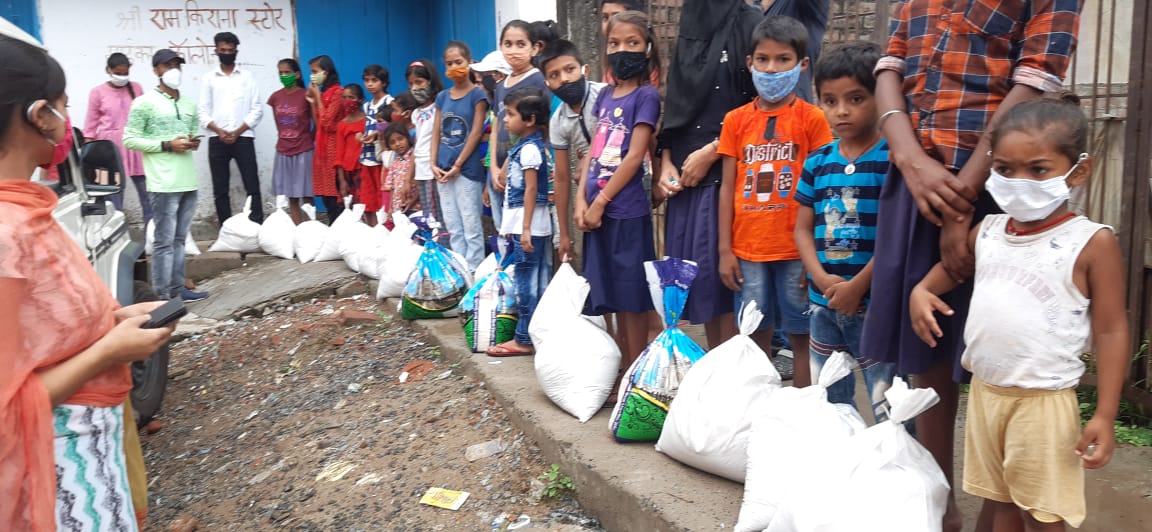
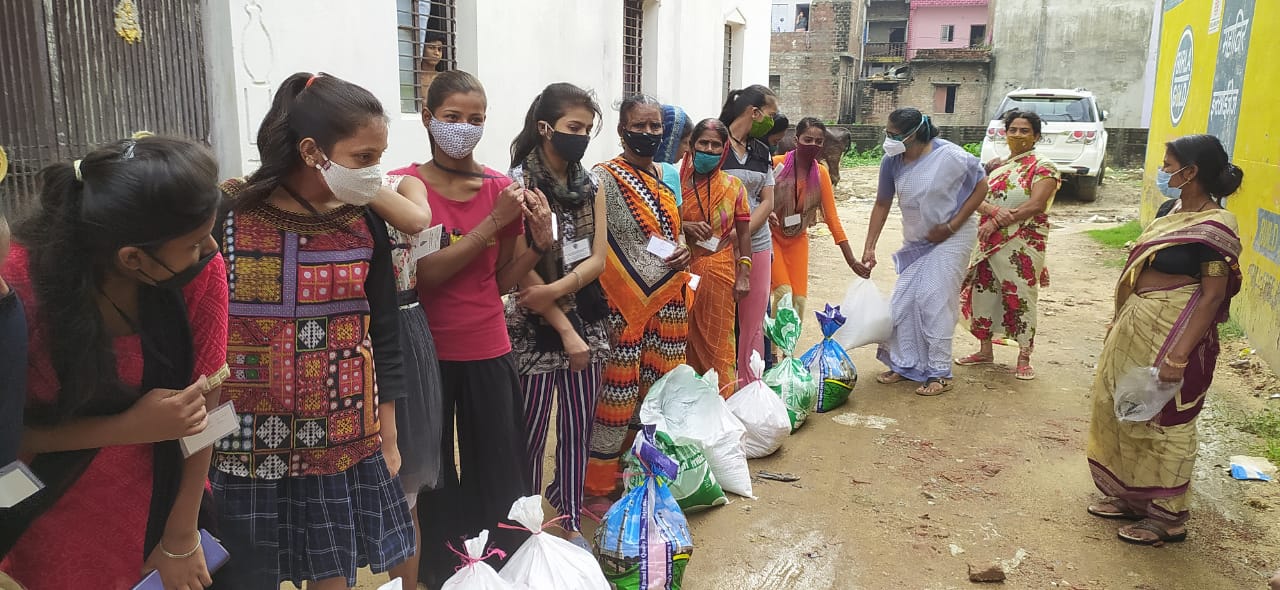
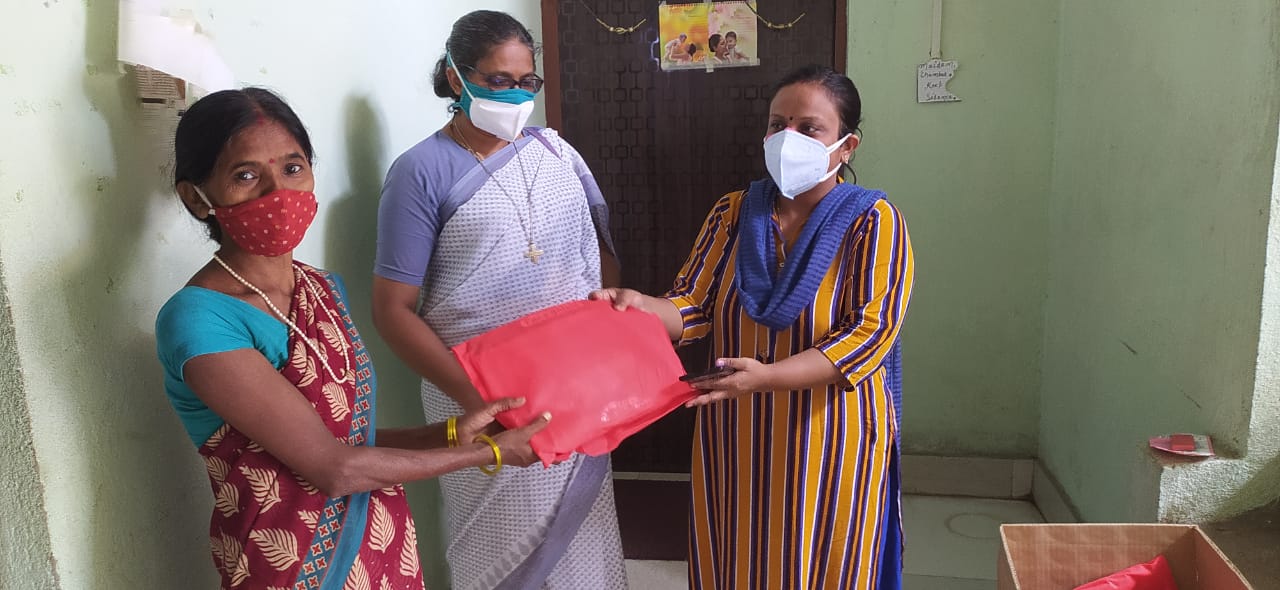
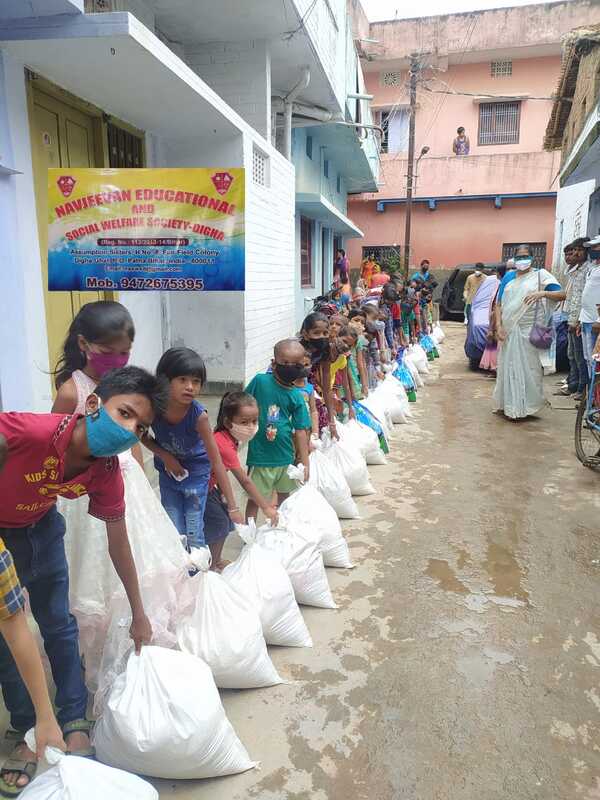
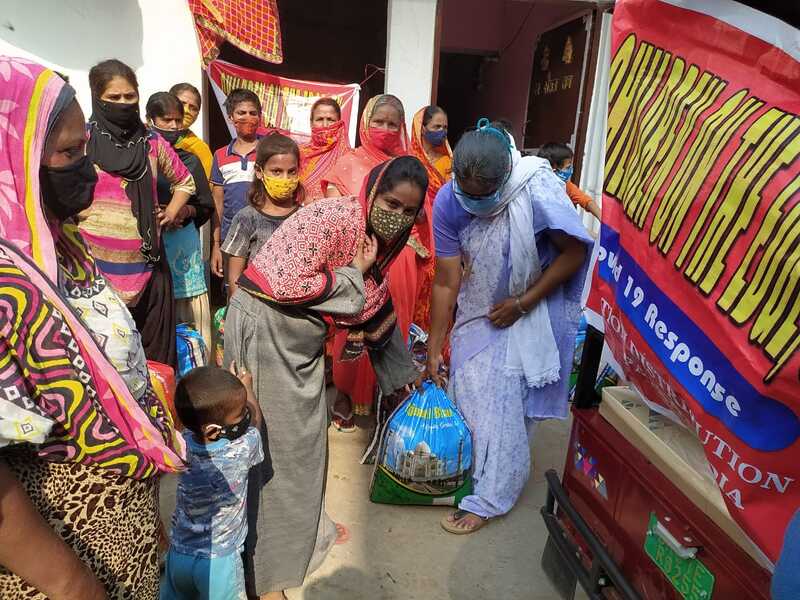
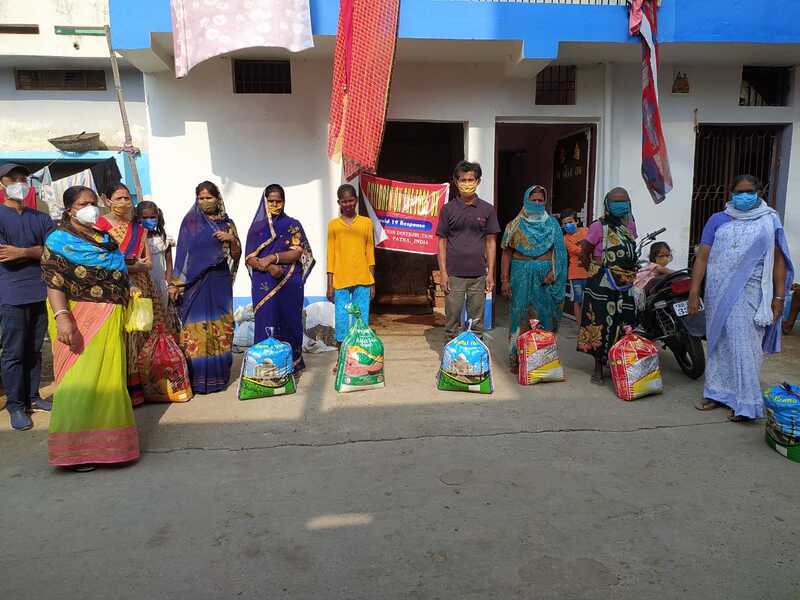
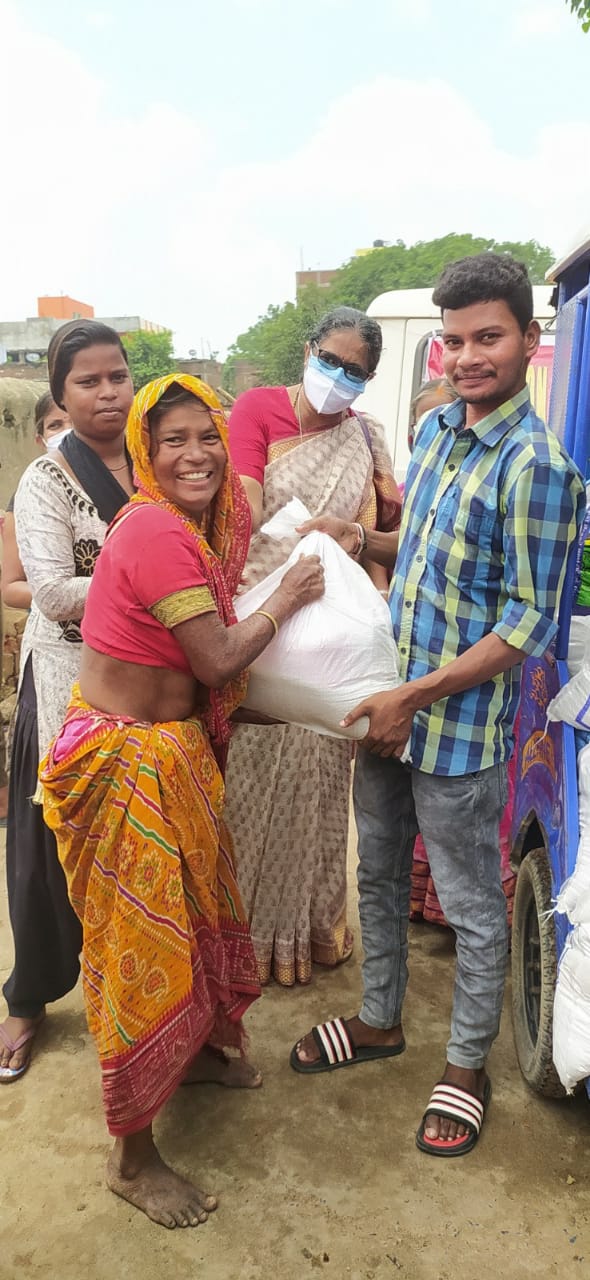

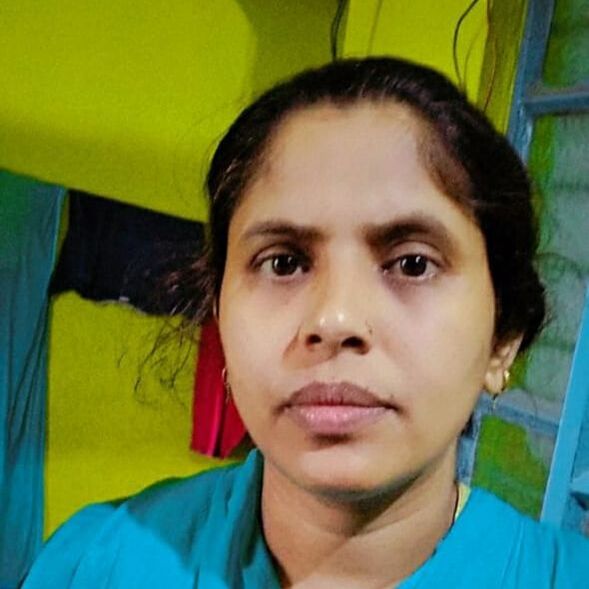
 Give monthly
Give monthly Fundraise for us
Fundraise for us RSS Feed
RSS Feed
